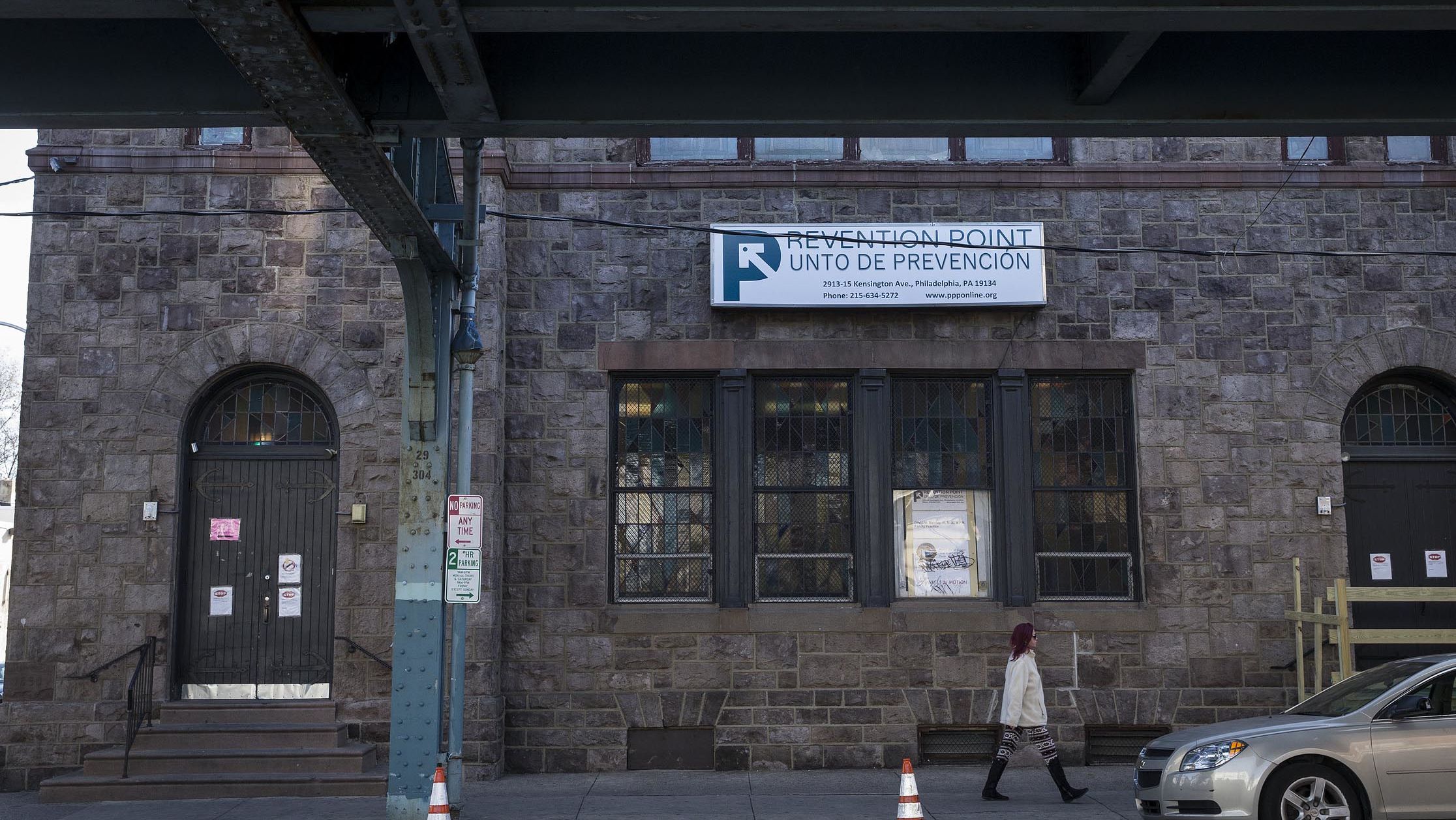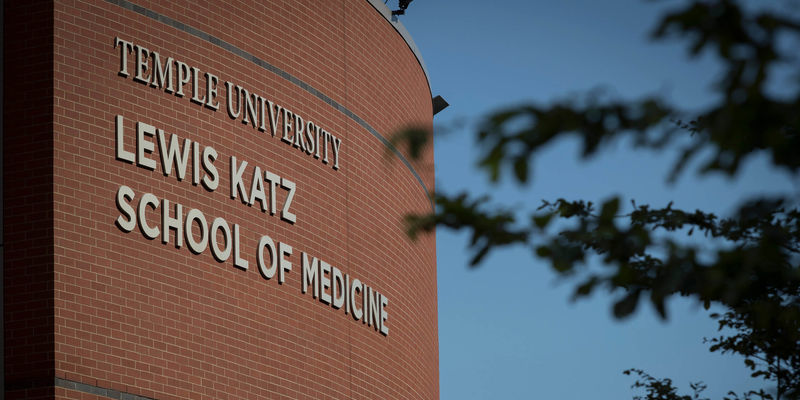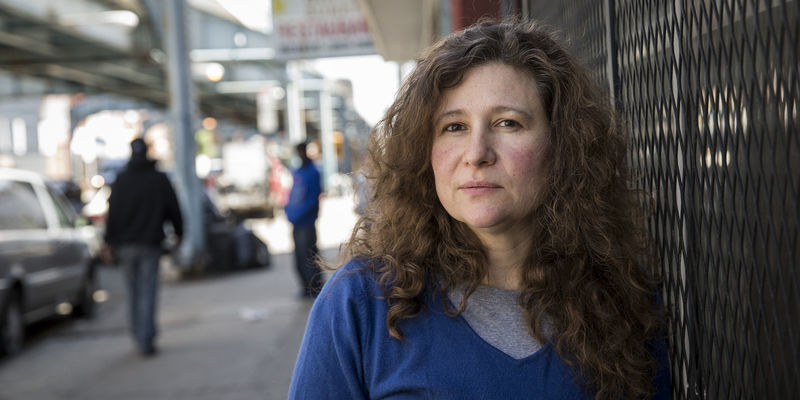How can we best communicate public health concerns to vulnerable populations
A new study exploring the impact of COVID-19 on individuals with substance use disorder has been awarded a grant from the National Institutes of Health.

How does someone who may not have a safe place to sleep at night or is unsure of where they’ll find their next meal prioritize wearing a face covering and washing their hands?
That’s one question Sarah Bauerle Bass, associate professor in social and behavioral sciences and director of the Risk Communication Laboratory at the College of Public Health, is asking in a new study examining the impact of COVID-19 on those with substance use disorder (SUD).
“We want to understand how best to communicate around COVID protections, to make it more salient for their situation,” Bass said.
For the study, she is partnering with Prevention Point Philadelphia, a treatment facility and shelter in the city’s Kensington neighborhood.
The more than 23 million Americans who experience SUD are disproportionately affected by the coronavirus pandemic. Because those with SUD are more likely to be unstably housed, they may have limited access to bathrooms or other resources with running water where they can wash their hands. Additionally, they may have few financial resources for obtaining masks and sanitizers.
“If you don’t have a place to stay, that’s going to be your priority, not whether you’re wearing a mask and standing six feet away from people,” said Bass. “How does this rank within the things that they have to worry about on a daily basis? Where am I going to sleep tonight? What am I going to eat? How am I going to get access to the substances that I use? Or even other diseases like HIV or Hepatitis C that they might come in contact with.”
The pandemic has also created problems for the organizations that offer support services to individuals with SUD, with many needing to rethink their operations in order to align with public health guidelines.
“When everything was shut down, and they really couldn’t allow anybody inside the building, they had to figure out how they would do things like syringe exchange,” Bass said. “They had to switch medical services to a mobile van. They have shelters where people sleep, and a drop-in center, and people come in for meals. They had to rethink all of that.”
For her two-pronged investigation of the pandemic’s impact on people with SUD as well as how it has affected the delivery of service to them, Bass has been awarded a grant from the National Institutes of Health.


